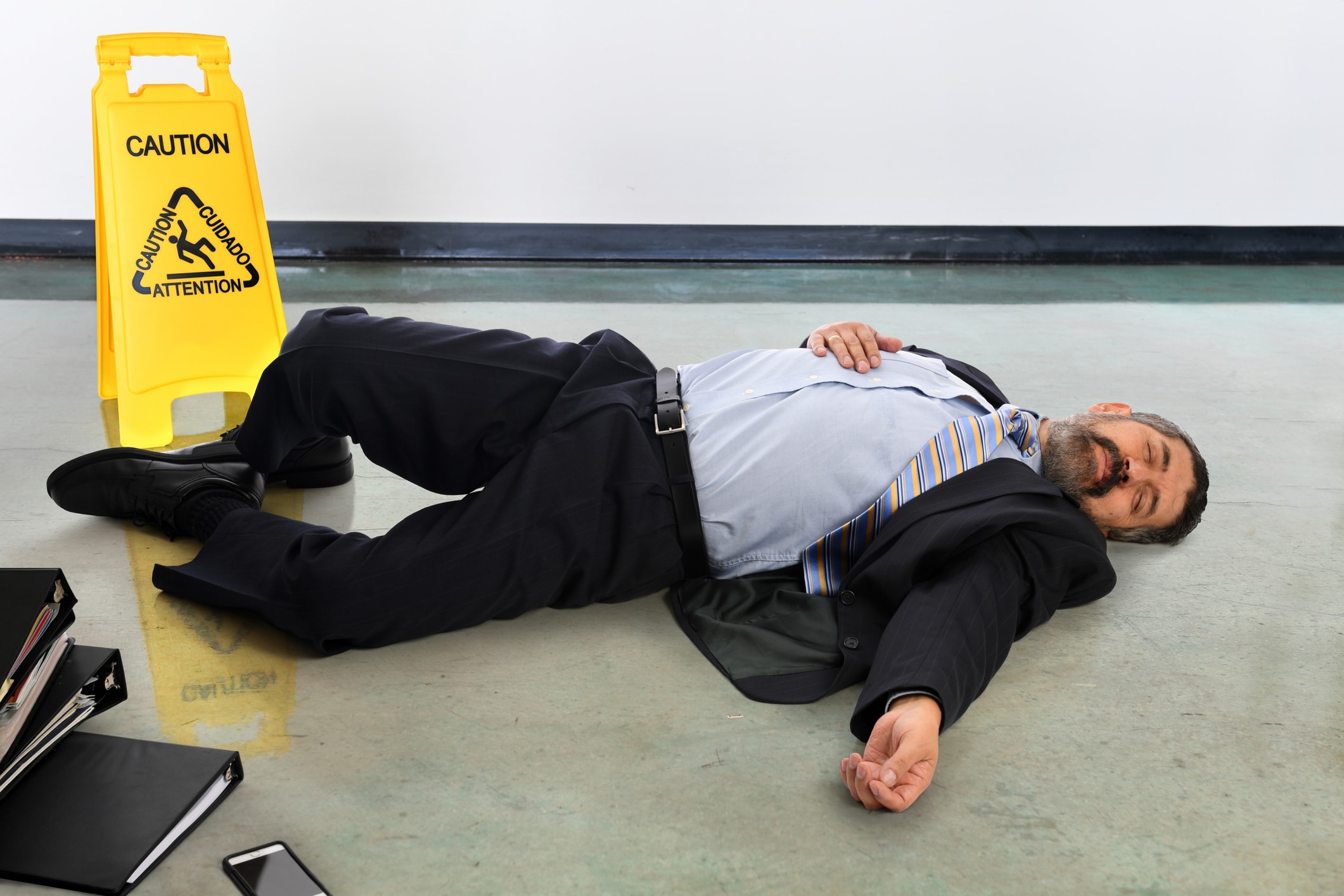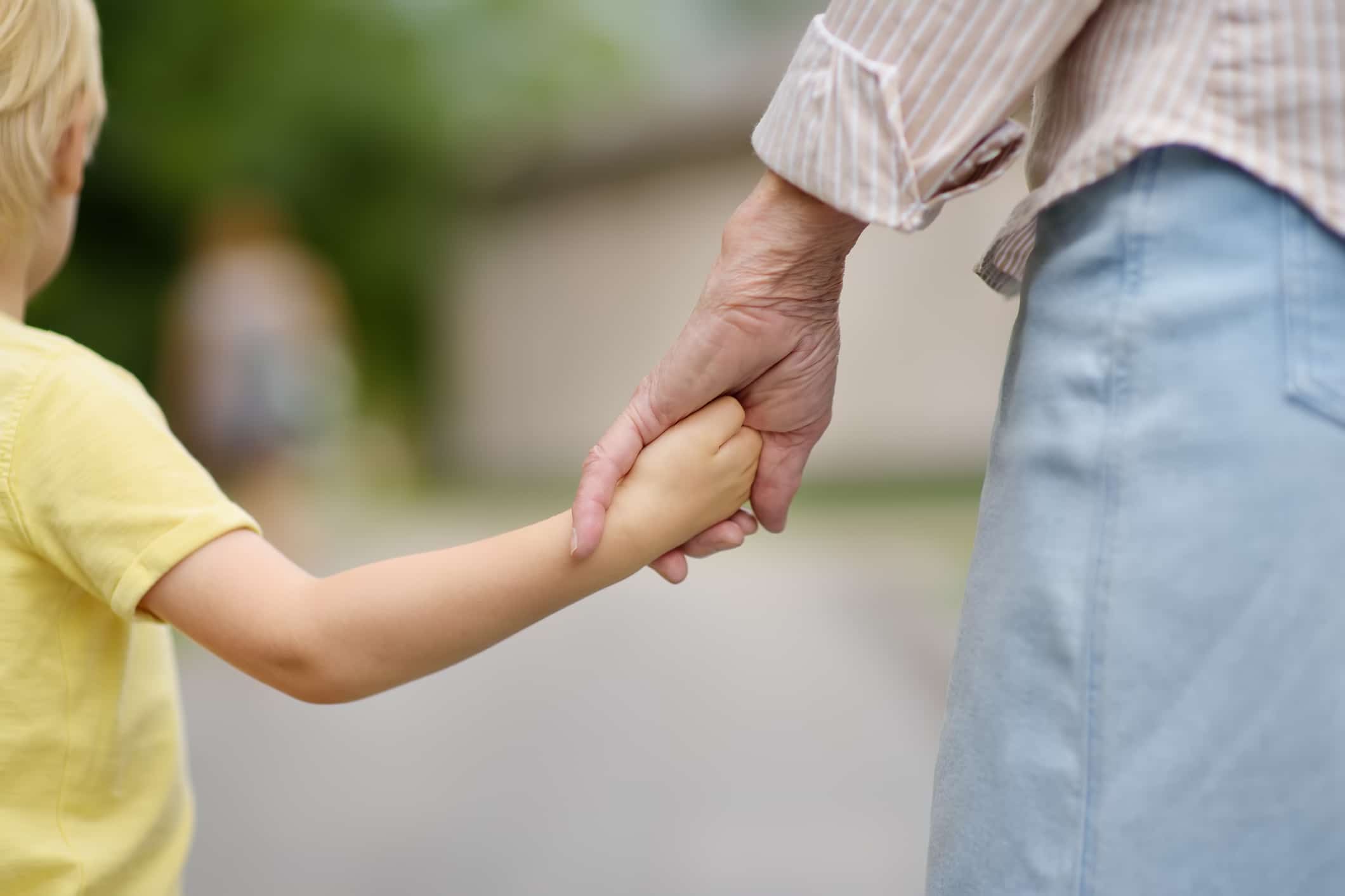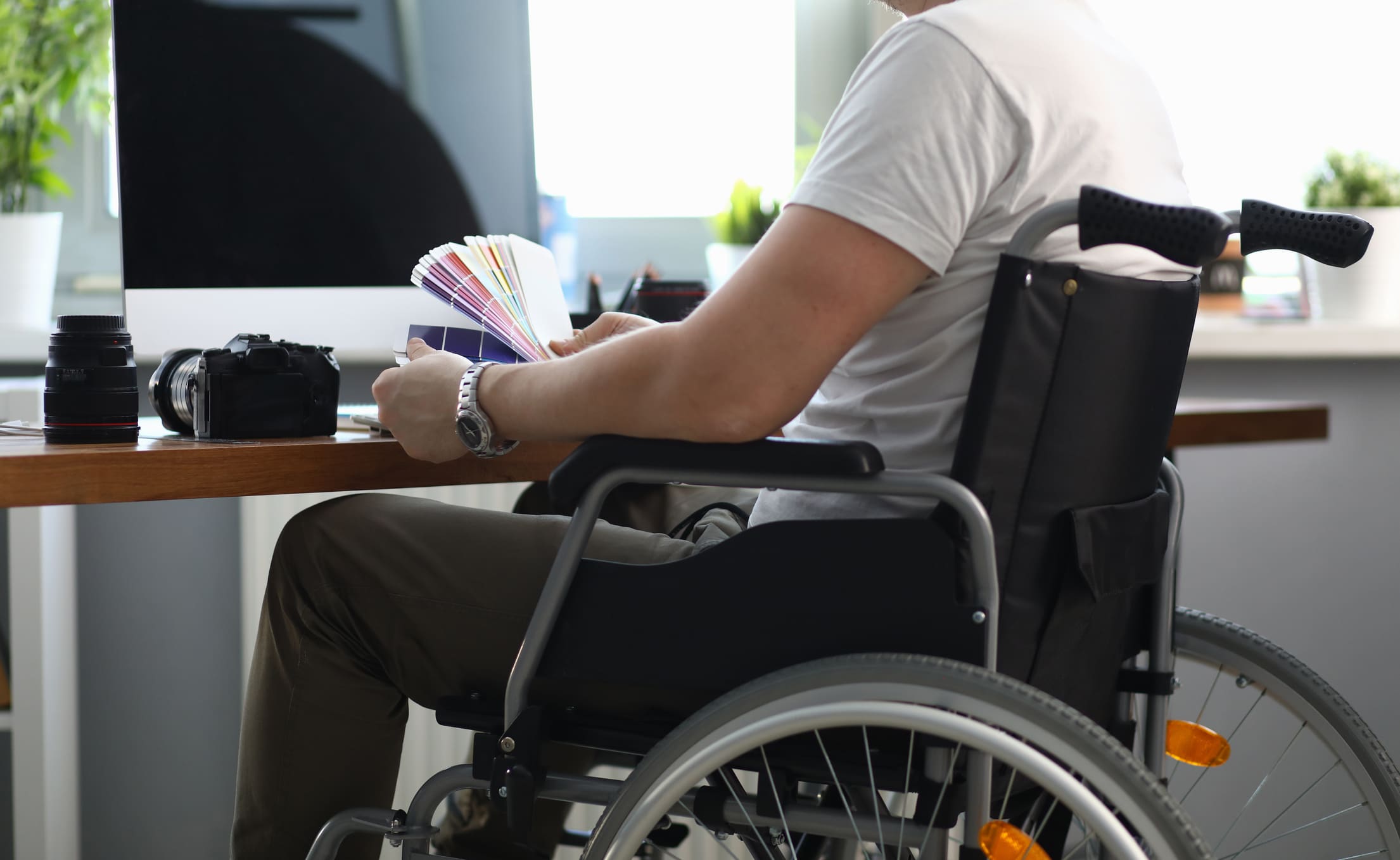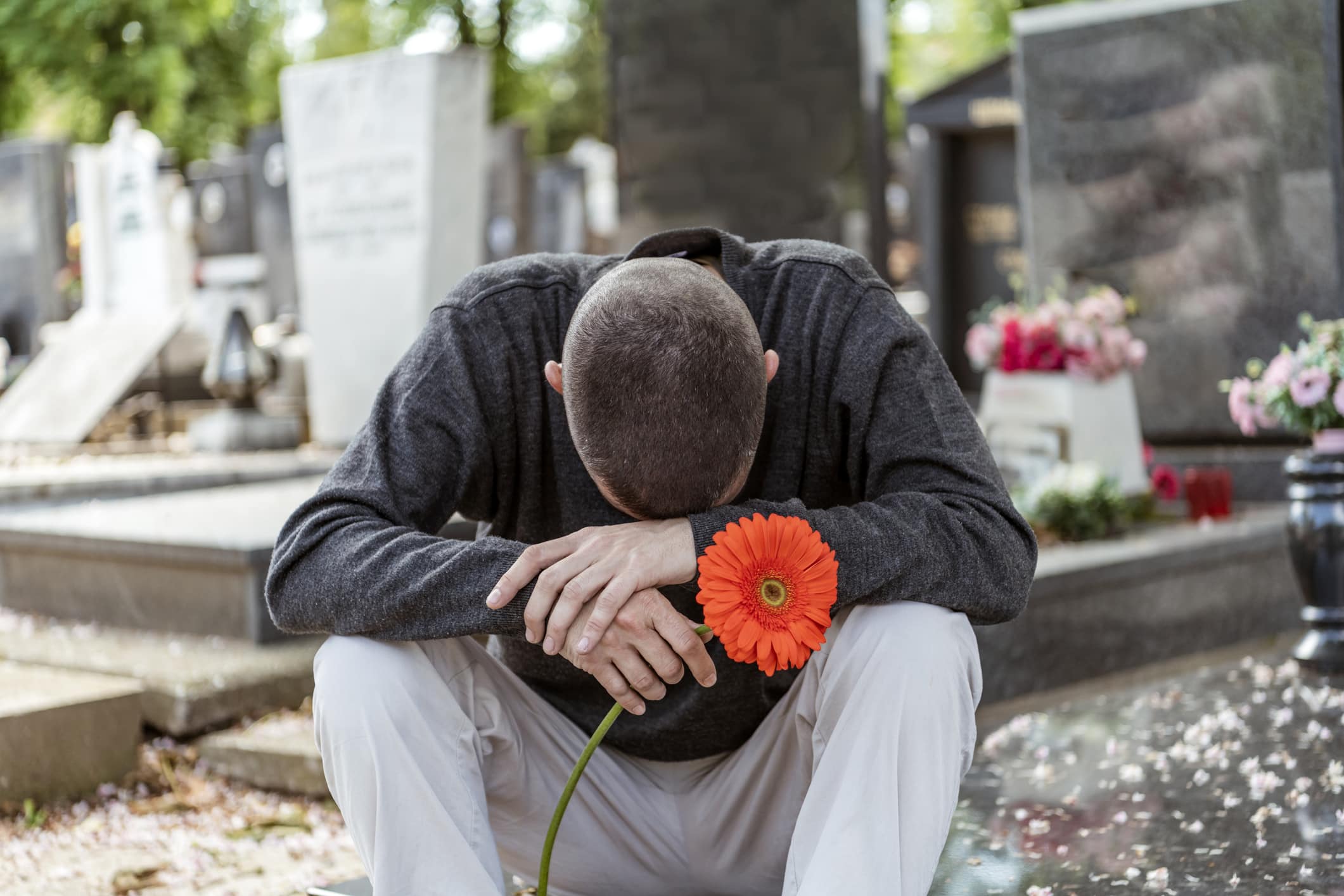If you’re injured by slipping or tripping and falling on another person’s property, can you recover damages? If you are injured because a property owner was negligent, you may have a premises liability claim, and you should speak with a Fresno premises liability lawyer.
You may be surprised to learn that slip-and-fall incidents – and not traffic collisions – are the number one reason for spinal cord injuries. Slip-and-fall injuries may also include brain, head, neck, and back injuries, bruising, broken bones, and other serious injuries.
Thousands are injured in California every year, sometimes seriously, from tripping or slipping and falling on slippery – or otherwise hazardous – floors, stairs, carpets, sidewalks, and parking lots. As one might imagine, the elderly are most frequently the victims of slip-and-fall accidents.
In this state, if you slip or trip and fall on another party’s property, and you’re injured because the property owner was negligent, you’re entitled to recover damages for medical expenses, lost wages, and any other losses arising from the accident and injury.
HOW DO PREMISES LIABILITY CLAIMS WORK?
Winning a premises liability claim against a property owner may not be easy, even you’re injured and entitled to monetary compensation, but keep reading. You’re going to find out what is required to win a premises liability case triggered by a slip-and-fall accident.
Property owners are not liable for any and every conceivable injury that may occur on their properties. Everyone is obligated to stay alert to our surroundings and aware of what is happening around us.
However, a premises liability complaint based on a slip-and-fall accident makes the claim that the accident and injury would not have happened if the property owner had taken more responsibility to keep the property safe.

Under state law, property owners must take “reasonable” measures to keep properties free from dangerous conditions. California lawmakers try to balance a property owner’s responsibility to keep properties reasonably safe with a visitor’s own obligation to stay aware and alert.
HOW CAN YOUR OWN CLAIM PREVAIL?
To win damages from negligent property owners, injury victims – plaintiffs – must demonstrate that one or more of these conditions existed when the accident and injury occurred:
1. A reasonable owner or property manager should and would have known of the hazardous condition and would have had it repaired.
2. The owner or the property manager in fact did know of the hazardous condition and failed to repair it.
3. The hazardous condition was created by the owner or property manager.
The majority of California property owners may not know the details of the law, but they know that the law requires them to maintain their properties in a reasonably safe condition.
WHAT QUESTIONS MUST BE ANSWERED IN PREMISES LIABILITY CASES?
Thus, the majority of premises liability cases deal with what an owner knew or should have known and what reasonable repairs to a property were made or were not made. Usually, the central questions in a premises liability case are:
1. For what length of time was the hazard there before the accident occurred?
2. Did the owner have a reasonable length of time to repair the hazard?
It may be several days before sidewalk cracks or plumbing leaks, for instance, can be repaired. Meanwhile, property owners should put up warning signs regarding the hazard or find some other way to tell visitors to the property about the hazard.
WHAT ARE THE DEFENSES AGAINST A PREMISES LIABILITY CLAIM?
If you’re injured because the owner of a property was negligent, and you bring a premises liability action seeking damages, the property owner may try to put the blame on you.

The defenses offered by property owners in premises liability cases include:
1. The injured person was inattentive to the surroundings.
2. The injured person was in a restricted or no trespassing area.
3. The injured person was barefoot or wearing unsafe or inappropriate footwear.
4. Warning signs and yellow cones were in place to alert visitors about the hazard.
5. The hazard was obvious to the average reasonable person.
HOW ARE PREMISES LIABILITY CLAIMS RESOLVED?
Premises liability claims, for the most part, are settled privately in out-of-court negotiations when the attorneys for both sides meet to hammer out an agreement that is acceptable to everyone involved.

But if your claim cannot be resolved privately, your premises liability attorney may recommend taking the case to a trial and letting a jury determine if a property owner should be held accountable for your accident and personal injury or injuries.
If your claim goes to court, that’s where this state’s pure comparative negligence principle may apply. Under a pure comparative negligence system, the damages owed to an injury victim are decreased by the percentage of that victim’s personal fault for the accident and injuries.
Let’s say that your damages after a slip-and-fall on a slick floor at a supermarket total $100,000. If jurors decide that you were twenty percent responsible – because you were looking at your phone, for example – the owner will be liable only for eighty percent of your damages – $80,000.
WHAT ARE THE CAUSES OF SLIP-AND-FALL ACCIDENTS?
If you are the owner of retail property, rental property, or another private property with public access, routinely ensure that your sidewalks and pavements are even, that your carpets and rugs stay flat, and any leaks, spills, slush, and rainwater are dealt with immediately.
Slip-and-fall injuries may result from hazardous conditions including but not limited to:
1. a wet, slick, or freshly-waxed floor
2. accumulated rainwater and slush in walkways and doorways
3. objects and clutter obstructing hallways, walkways, and aisles
4. floor mats, rugs, and doormats that are curled or torn
5. damaged, uneven, or aging stairs, especially wooden stairs
6. potholes, cracks, and craters in parking areas and sidewalks
7. unlit or poorly lit walkways and parking areas
IF YOU ARE INJURED BY NEGLIGENCE, WHAT STEPS SHOULD YOU TAKE?
If you suffer any injury in the state of California because another person was negligent, seek medical help at once. Some personal injuries may at first be difficult to detect. Even if you don’t feel injured, it’s imperative to have a medical examination after you slip or trip and fall.
If a property owner’s negligence may be the reason for your personal injury or injuries, after you’ve been seen by a medical professional, discuss what happened with a Fresno premises liability lawyer.

You must act within two years of a slip-and-fall injury or you cannot recover damages under California’s statute of limitations, but do not wait two years. Evidence deteriorates and memories fade over time, so act promptly.




